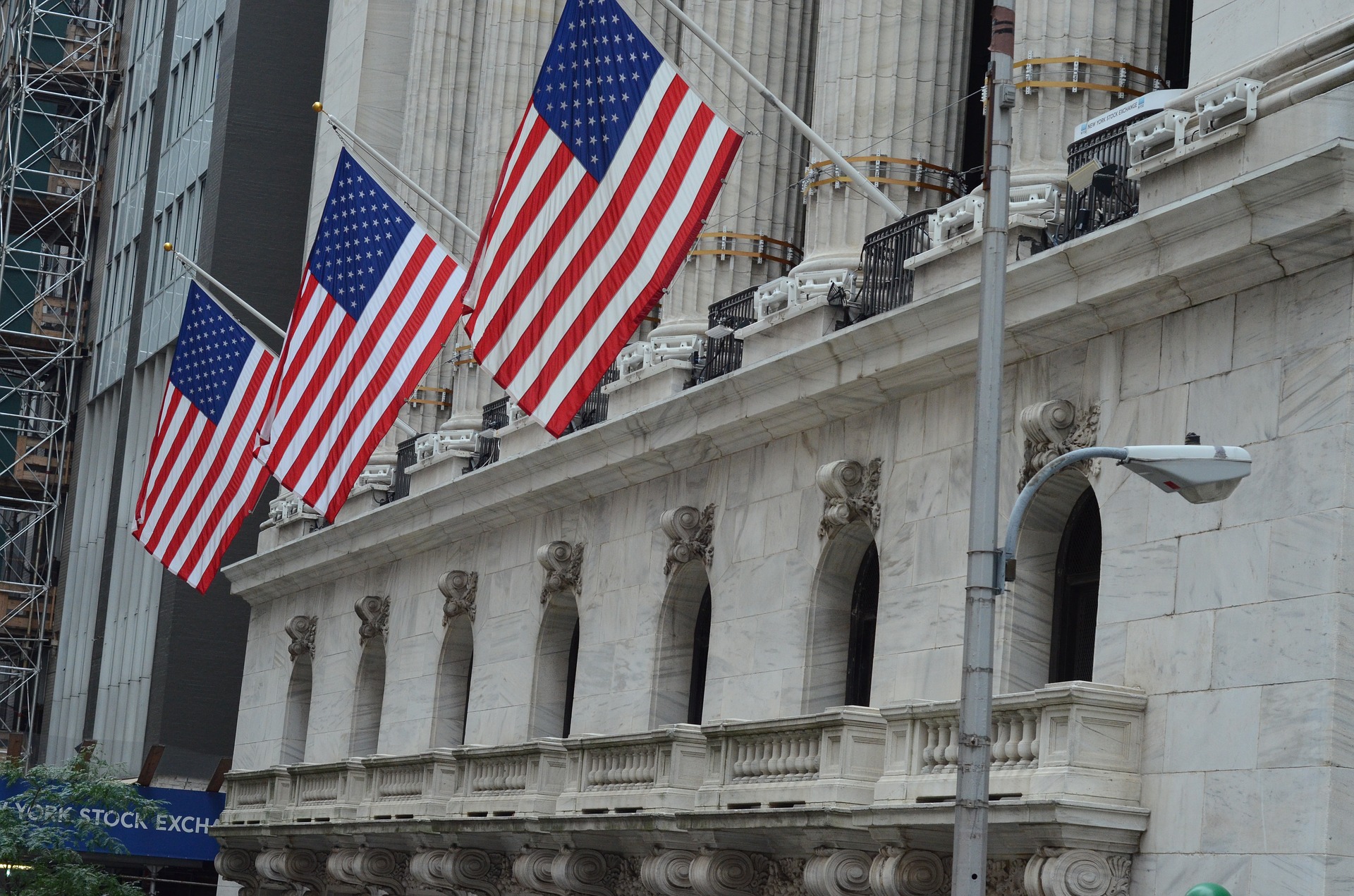

26/02/2019 – 12:00: Let’s take it nice and easy: After a weak end to trading on Wall Street and profit taking in Asia, the DAX posted a minus in early Tuesday trading. The day seems particularly interesting for forex traders: the Brexit could move the pound, Fed Chairman Jerome H. Powell is likely to focus on the dollar. And astonishing things have also happened on the oil market.
GfK Supports DAX – BASF Reports Figures
First of all, let’s wait and see what Frankfurt will give us: The DAX oscillated in negative territory on Tuesday morning and settled just below the 11,500 mark. The DAX received slight support from the Gesellschaft für Konsumforschung (GfK): The institute predicted that consumer sentiment would remain high and therefore published a consumer climate value of 10.8 points for March, unchanged from the previous month. BASF, the world’s largest chemical company, cushioned weak figures with an increased dividend. The distribution is to increase by 10 cents to 3.20 euros per share. Earnings after taxes and minority interests fell by almost 23 percent year-on-year to 4.7 billion euros in 2018.
New York is Slowing Down
Wall Street was slightly positive on Monday – once again the hope for a solution to the Chinese-U.S. Trade War had initially provided a tailwind. However, prices crumbled in late trading. At the closing bell, the Dow Jones thus managed to save only a slight gain of 0.2 percent at 26,091 points. The daily high had been around 150 points higher. The S&P 500 gained 0.1 percent to 2,796 points and the Nasdaq Composite Index gained 0.4 percent to 7,554 points.
Profit Taking in Asia
In Tokyo, the Nikkei index lost 0.4 percent to 21,449 points. In China, the CSI-300 index fell by 1.2 percent to around 3685 points. The day before, the index with the 300 most important stocks on the Chinese mainland had gained around 6 percent. This was not only the largest daily gain since 2015. The index has now also regained the level of June of last year. The Chinese Securities and Exchange Commission (SEC) put a damper on the index – it warned of a speculative bubble. This could mean that it intervenes in stock exchange trading.
What Does the Fed Want?
Otherwise, on Tuesday the (monetary) policy will remain important for traders. US Federal Reserve Chairman Jerome Powell is to address the Financial Services Committee of the US House of Representatives. Stock market analysts expect Powell to gradually raise interest rates in an economic boom. The report in Congress will continue on Wednesday.
Brexit Pickaxes
Meanwhile, the tug-of-war over the Brexit continues, bringing the British pound into focus. The Labor Party has now demanded a second Brexit vote. Sure: Vote until the result fits. Prime Minister Theresa May is also considering postponing the Brexit date to prevent a disorderly withdrawal, according to a media report.
Trump Lowers Oil Price
Meanwhile, US President Donald Trump launched his own economic stimulus package via Twitter. The POTUS – President of the United States – briefly lowered the price of oil, leaving consumers with more money in their pockets. Trump criticized the OPEC cartel, twittering that oil prices were rising too high and that OPEC should “relax”. Simply loosening things up does not apply to traders in this exciting market.
Smoldering Conflict on the Roof of the world
And what else should you keep an eye on? For example, a potentially extremely dangerous conflict that the mass media in this country hardly have on their screens – the tensions between the nuclear powers India and Pakistan. India has just flown an air raid on its neighbor. A new level of retaliation, apparently for a suicide bombing in Indian Kashmir that cost 40 soldiers their lives. The militant group Jaish-e-Mohammad, based in Pakistan, assumed responsibility for the attack on 14 February. The dispute over the predominantly Muslim region, which is largely occupied by Hindu India, has been simmering for years. If the Kashmir conflict escalates nuclearly, there is a threat of a global stock market earthquake. Stay vigilant!
Important Notes on This Publication
The content of this publication is for general information purposes only. In this context, it is neither an individual investment recommendation or advice nor an offer to purchase or sell securities or other financial products. The content in question and all the information contained therein do not in any way replace individual investor- or investment-oriented advice. No reliable forecast or indication for the future is possible with respect to any presentation or information on the present or past performance of the relevant underlying assets. All information and data presented in this publication are based on reliable sources. However, Bernstein Bank does not guarantee that the information and data contained in this publication is up-to-date, correct and complete. Securities traded on the financial markets are subject to price fluctuations. A contract for difference (CFD) is also a financial instrument with leverage effect. Against this backdrop, CFD trading involves a high risk up to the point of total loss and may not be suitable for all investors. Therefore, make sure that you have fully understood all the correlating risks. If necessary, ask for independent advice.
